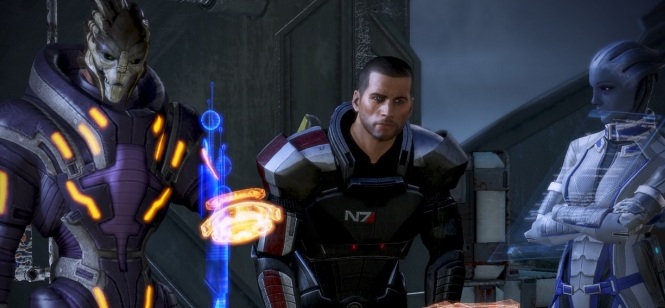To innovate or not to innovate

Innovation in gaming is like the introduction of the Star Wars prequels – everyone thinks they want it to happen, and then when it finally hits, all the fan communities can do is find something to complain about. Dropping the metaphor (where a vast majority of complaints are incredibly valid), the question is raised: is it better for game devs to innovate and risk disaster or for them to stick with a tried and true formula and risk becoming stale?
Franchises like Pokemon have survived since their inception with a simplistic, charming RPG formula. Although the brand has tried to expand beyond its handheld origins (Pokemon Stadium, XD, etc.) , it never strayed far from its roots for long, and the thing is, it worked for them. Fans returned to the same game formula they had ran through time and time again because something in those faintly adorable blocky graphics and simple turn based combat system kept drawing them back to the game. Over time, the battle graphics because smoother, and other small changes were made, but the formula was always the same. This is an example of sticking with what works and adding small tweaks to cater to a new crowd, and it serves the franchise very well.
Newer franchises, however, seem to always be striving to innovate. Improved combat, more realistic graphics, longer quests, motion controls – the advances made in the industry seem to come with every release, and not adopting them seems to simply not be an option. Take the announcement of Kinect integration in Mass Effect 3: voice commands that will effectively allow you to shout paraphrased dialogue at the game seem a frivolous addition to a product that is already expected to outdo its predecessors. But the problem is that improvements that seem unnecessary to one fan may be a real selling point for another, no matter what is done, someone will always be unhappy. Take Mass Effect 2; the combat system was improved from the first, as were the powers. BioWare created a far more streamlined game, and inadvertently provoked the rage of its fan community who claimed that the second installment “lost the RPG elements” of the original.
So should studios start ignoring the current trends in gaming and work with their original product – as flawed as it may be – or should they continue to develop and evolve their brainchildren at the risk of being accused of selling out? I can’t honestly say that there’s one answer to this – it’s a situational issue. What is right for one franchise may be the final nail in the coffin for another. In the end, it’s up to the developers to decide, and to the fan communities to make their (sometimes not entirely sane) voices heard.



